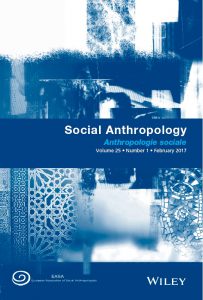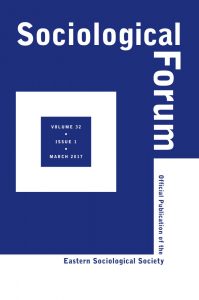At risk of social exclusion: the unemployed over 50s in Europe
In the last twenty years, the labour market participation of older workers in Europe is changing. Demographic transformation, better health and a different social role of older people are leading to a different approach to welfare called active ageing. Extending the labour market participation of older workers and delaying retirement are some of its aims. An active ageing policy can be successful if the working life extension does not expose older workers to the risk of unemployment. And, whether older...




















1728-4457/asset/PopulationCouncilLogo.jpg?v=1&s=03074651676b98d6b9d0ef1234bd48fe7ff937c3)